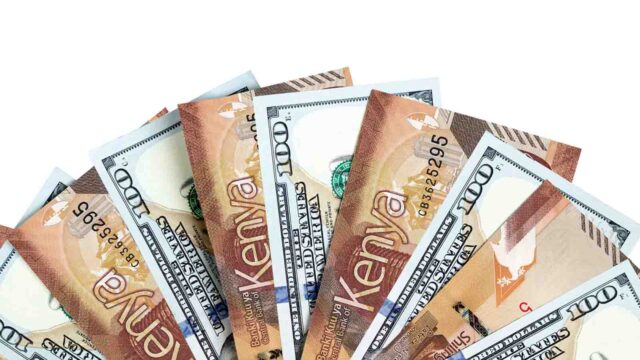Travelling abroad? Here’s what you need to know about currency conversion
There are plenty of ways to carry your money when travelling abroad; cash, cards, forex and traveller's cheques, and understanding how they work, is a smart way to save .

Do you travel often out of the country?
Whether for work, leisure, or both, travelling can be fun, hassle-free, and budget friendly if you prepare well. Still, that trip outside the country can end up costing you a fortune, being anxiety inducing and exhausting if you are ill-prepared.
There are a lot things to check off the travel prep checklist which include flights, accommodation, currency conversion, food, fun activities you hope to do once you get there, and all the surprise costs that usually crop up when you travel.
Fortunately, there are plenty of hacks on each of those items that can help you save lots of money and let you see the world on a budget.
Here are some tricks you should know about currency conversion:
Cash
- Know the exchange rate beforehand – this will prevent you from getting ripped off by local exchange bureaus.
- Never exchange money from airports, train station or hotels – they tend to have very high conversion fees and you’ll probably get a less favourable exchange rate.
- It’s best to exchange money at local banks – banks usually have the best rates.
- Exchange half your money before you leave for your trip, and convert the rest once you reach your destination. Thus, if the rates are low, you’ll have half of your money intact. If the rate increases, you can capitalise on it with the remaining half of your cash.
- Order in advance. Some bureaus allow you to order your currency in advance, lock in today’s exchange rate, then collect just before you leave. This is great due to the fact that if the rate gets worse before you leave then you can just cancel and buy at a better rate elsewhere.
ATM and Credit Cards
- Before leaving the country with your cards, alert your bank about your travel plans. Doing so will prevent them from freezing your cards when they see “suspicious” transactions.
- Find out what services and conversion charges your bank levies, some cards are more expensive than others.
- When using the ATM, be aware that you may be paying an international transaction fee. Also, be aware of your maximum daily withdrawal limit.
- Credit cards usually give you the best exchange value. But watch out for immediate interest charges, know your maximum daily spending limit, and never use a credit card for a cash advance at an ATM. This is because when doing a cash advance on your credit card, you incur a fee which s chargeable over and above your regular credit card interest charge.
- Always ask to be billed in the local currency of your destination.
Traveller’s cheques
- This may be the safest way to carry money, but is also the most expensive. Watch out for hefty commissions and conversion fees when you cash them.
- A commission-free deal may not necessarily be the best. To offset the loss from zero commissions, you may get a low exchange rate for your money.
- Hunt for the best deals available. Some places offer discounts on commission for students and senior citizens.
Now that you have a few tips for fuss-free finances when travelling abroad, here are some general tips to keep in mind.
- Don’t rely on using a signature for transactions. Some countries use chip technology that requires a PIN for all transactions.
- If your PIN is larger than 4 digits, ask your bank if you can get it altered, as foreign ATMs may not recognise more than that.
- Carry contact details of all the financial service companies you use.
- Keep in mind the daily withdrawal restrictions in the country you are travelling to.
- Never keep all your cash, cards and cheques in one place. That way, if you go get robbed or misplace something, you won’t lose all your money at once.
- Keep a copy of all receipts to check against your statements.
- If you can, it’s advisable to transact in in US dollars. They can get you the best exchange rates, and it is often possible to pay directly in dollars rather than local currency.
- Figure out your spending average for your trip budget.
- Save foreign currency for future trips.
